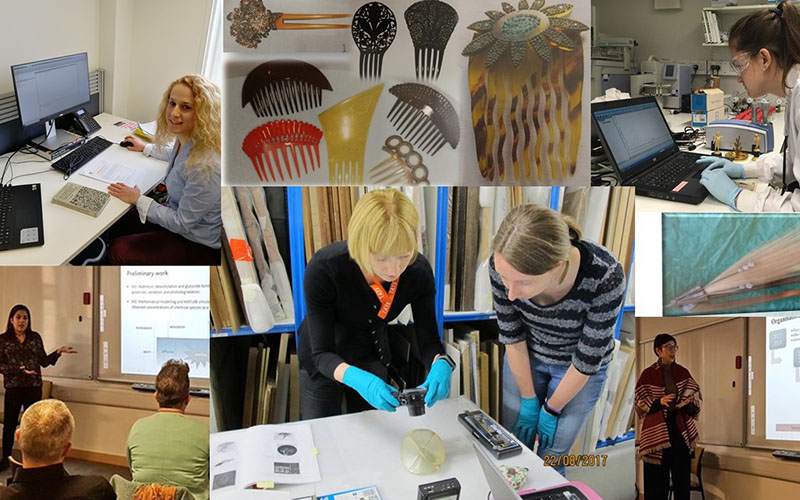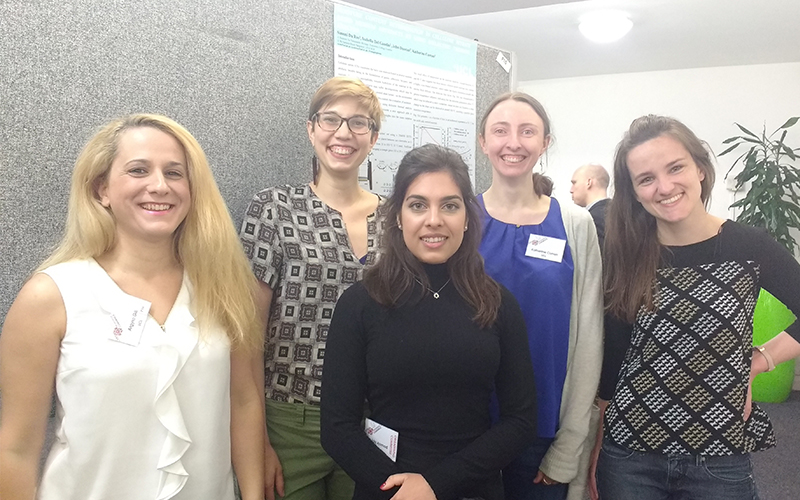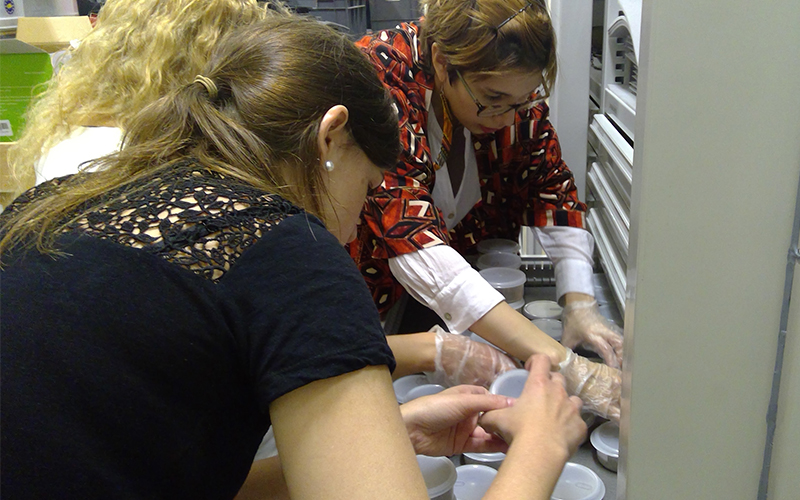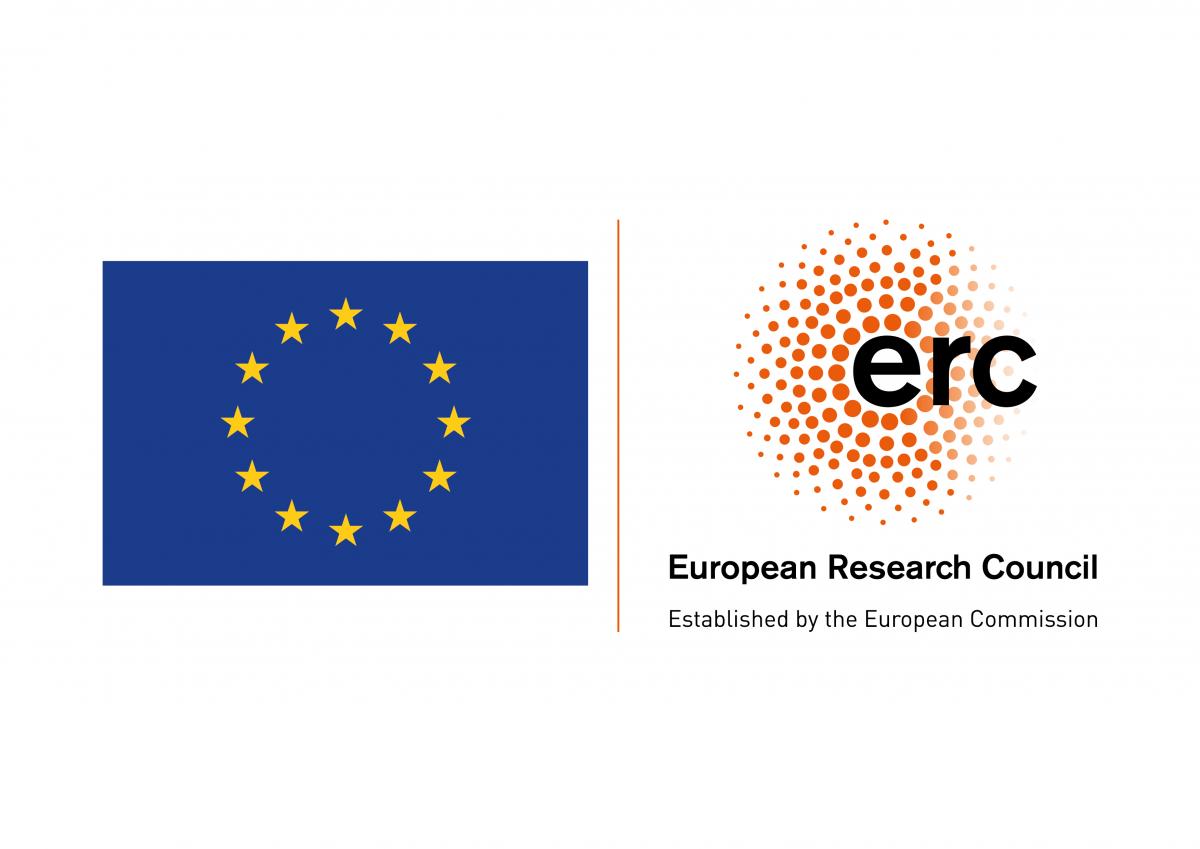COMPLEX
COMPLEX explored the degradation of plastic artefacts in museum collections as systems, looking at how different degradation processes interact with each other. The project created mathematical models to predict how material properties change over time. It was an interdisciplinary project which involved chemists, conservation scientists and chemical engineers and collaborations with the Museum of London, Tate, Process System Enterprise and Lacerta Technology. The project focussed on cellulose acetate, as it’s known to be both common in collections and problematic in terms of stability. The project has been very successful. We have produced new insights into the way water, acetic acid and plasticiser interact with each other as cellulose acetate degrades. We have measured fundamental material properties such as diffusion and partition coefficients and explored how these depend on material and environmental parameters. We have explored a wide range of analytical tools for understanding material properties such as FTIR and NMR spectroscopy and Dynamic Vapour Sorption. And through our mathematical modelling work, we have created tools that can be used to explore the impact of conservation decisions on object stability, such as the use of cold storage or the impact of sealed versus open storage.
The UCL Institute for Sustainable Heritage has a vibrant and very active research group focussed on plastic heritage. Current projects include the analysis of synthetic and semi-synthetic textiles in museum collections, an exploration of the use of laser cleaning on plastic objects, an investigation of the risks of using Raman spectroscopy on plastics and a study of the balance between environmental sustainability and conservation requirements when storing polymer-based archival materials.
 Close
Close







